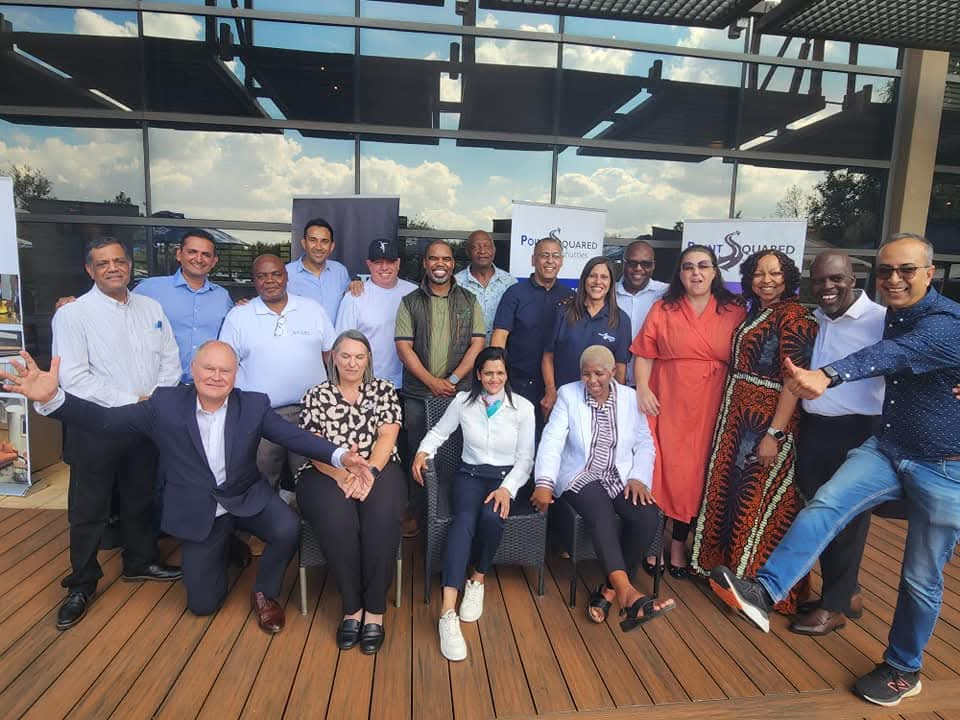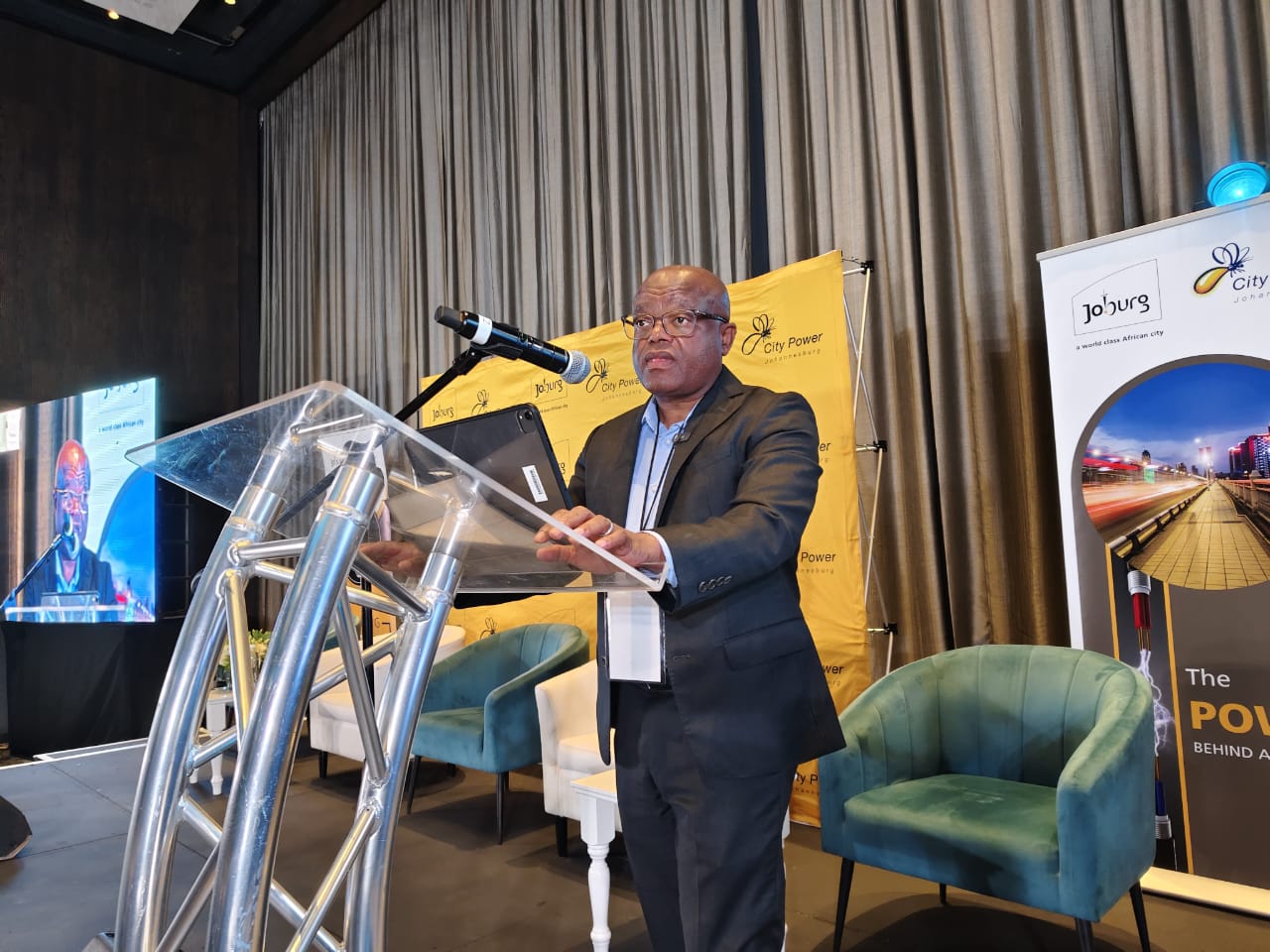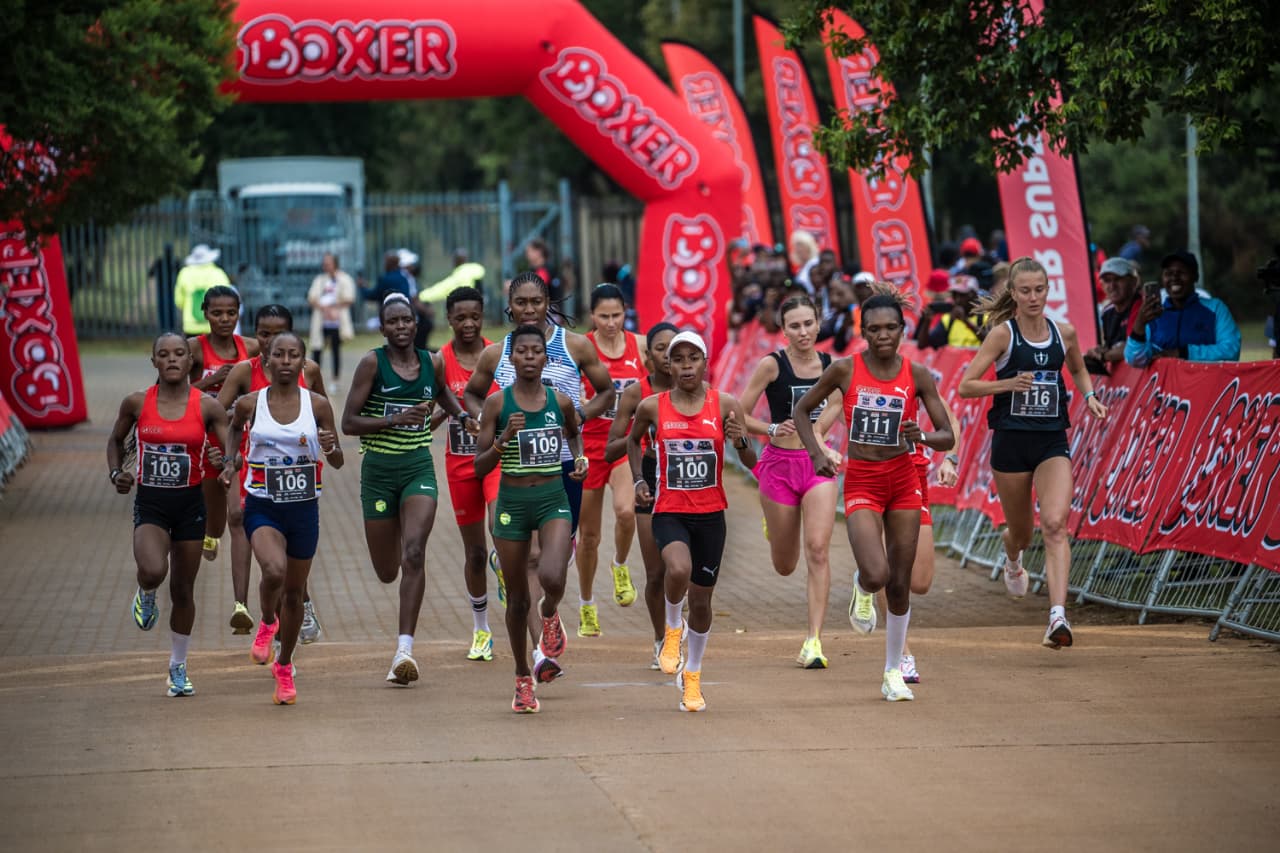Morocco AFCON 2025 preparations overshadowed by youth protests

With less than three months to go before Morocco hosts the Africa Cup of Nations (AFCON 2025), the country is facing widespread youth-led protests that threaten to overshadow its preparations for the continental showpiece.
For a fourth consecutive day, demonstrators mobilized by a centralized online collective known as GenZ 212, have taken to the streets in major cities including Rabat, Casablanca, Oujda, Tiznit, Ait Amira, and Inzegane. The youth are demanding urgent improvements to healthcare and education, accusing the government of prioritizing stadiums and international tournaments over basic social services.
Slogans such as “We want hospitals, not stadiums” have become rallying cries, underscoring frustration that billions of dirhams are being poured into sporting infrastructure ahead of AFCON and the 2030 FIFA World Cup, while many citizens struggle with failing hospitals and underfunded schools.
Although GenZ 212 initially urged peaceful demonstrations, clashes have erupted between protesters and security forces. Videos circulating on social media show vehicles being overturned and set on fire, police vans attacked, and stones hurled at officers. In Ait Amira, a bank was reportedly set ablaze, while in Oujda a protester was seriously injured after being struck by a police vehicle. Authorities confirm that hundreds have been arrested across the country.
The Moroccan Association for Human Rights has condemned the heavy security response, labeling the mass detentions unconstitutional. International bodies, including Amnesty International, have urged restraint and called on authorities to engage in dialogue with the youth rather than relying on force.
Officials, however, have praised security forces for what they described as a “balanced response,” while signaling limited openness to hear the concerns raised by protesters.
AFCON Spotlight
The unrest comes at a highly sensitive time for Morocco, which has positioned AFCON 2025 as a showcase event ahead of its co-hosting duties for the 2030 FIFA World Cup. The protests risk drawing international attention away from Morocco’s football ambitions.
With parliamentary elections also scheduled for 2026, analysts warn that the government must carefully balance its investment in high-profile sporting events with the urgent social needs of its people. The outcome of these protests could determine whether AFCON becomes a moment of national pride or a reminder of deep domestic divisions.







